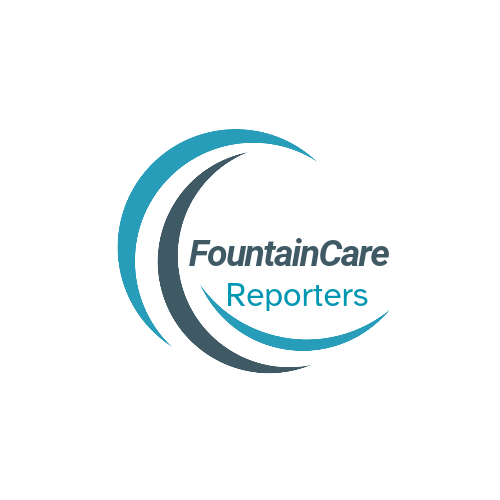
Chief Chijioke Ezeugwu, the candidate of the People’s Democratic Party (PDP) for Uzo-Uwani Local Government Area in the upcoming September 21st council election, has unveiled his transformative 3-point agenda aimed at addressing key challenges in the area. His manifesto, which is centered on improving security, boosting rural economic development, and promoting sustainable well-being, has already sparked interest and optimism among residents.
In his speech, Ezeugwu highlighted the importance of security in the local government, noting the alarming rate of kidnappings and other criminal activities, particularly around farmlands. He stressed that one of the key drivers of insecurity in Uzo-Uwani is the lack of accessible farm roads, which has made it difficult for farmers to move their produce to markets while also creating conditions that criminals exploit. To address this, Ezeugwu plans to construct farm access roads connecting all the farms in various communities, including Ukpata, Nimbo, Adani, and Nkplogu. This, he believes, will not only boost agricultural productivity but also significantly reduce the security risks faced by rural communities.
Ezeugwu’s security agenda also includes strengthening the local security architecture. He acknowledged the positive impact of the Neighbourhood Watch and Forest Guard initiatives but pointed out the need for improvements in recruitment, training, and logistical support. Within his first 60 days in office, he plans to expand the community security force, working closely with the Nigeria Police College to train additional constabulary officers. Additionally, he intends to create dedicated farm protection squads and enhance intelligence gathering by partnering with agencies like the DSS. These measures are aimed at making Uzo-Uwani a safer place for its residents.
Beyond security, Ezeugwu’s second focus is on driving inclusive rural economic development. Uzo-Uwani, with its vast agricultural potential, is seen as a key economic hub in Enugu State, and Ezeugwu is determined to unlock this potential. He laid out plans to improve rural infrastructure, including roads, water supply, and electrification. Within the first 180 days of his administration, Ezeugwu promises to implement at least one infrastructure project in every political ward based on community needs assessments.
He also intends to support farmers by preparing over 200 hectares of farmland for cultivation within the first six months of his administration. The initiative will target areas near riverbanks for two-season farming, creating jobs for over 50,000 youths. In addition, Ezeugwu plans to revitalize cooperative societies, making it easier for farmers to access government agricultural programs, and he will deploy agricultural extension officers across the wards to provide technical support to rural farmers.
Ezeugwu’s vision for economic development does not stop with agriculture. He aims to revive farm settlements across Uzo-Uwani, incorporating agro-allied industries, livestock, fisheries, and produce markets to create over 100,000 jobs. His holistic approach seeks to transform villages into vibrant economic hubs that offer both employment and business opportunities for youth and women.
The third pillar of Ezeugwu’s agenda is sustainable well-being, which will focus on improving education and healthcare. In the education sector, Ezeugwu has pledged to modernize primary schools in the area by providing them with computers, printers, and educational software. He also plans to renovate existing schools, construct new classrooms, and introduce vocational training to equip children with practical skills. To further encourage academic excellence, he will establish scholarships for high-achieving students and support tertiary education through bursaries.
On healthcare, Ezeugwu is deeply concerned about the high rates of maternal and neonatal mortality in Uzo-Uwani. To tackle this issue, he has promised to carry out a comprehensive audit of the local health facilities within his first 60 days in office. The results of this audit will inform the development of a Uzo-Uwani Local Government Health Policy, which will be implemented within 180 days. Ezeugwu’s health plan also includes community awareness campaigns on nutrition, aimed at combating malnutrition and promoting healthy eating habits.
In unveiling this agenda, Ezeugwu has set a bold vision for Uzo-Uwani’s future, one that addresses the immediate needs of security while laying the foundation for long-term economic growth and social well-being. His strategy of integrating security, economic development, and social welfare is designed to create a self-sustaining local government where residents can thrive.
The people of Uzo-Uwani are hopeful that his leadership will bring the much-needed development their communities have long desired and it is clear that Chief Chijioke Ezeugwu has offered a well-thought-out roadmap that could change the face of Uzo-Uwani.
From: The Desk Information Committee of the LG campaign Council,
In collaboration with FountainCare Reporters

